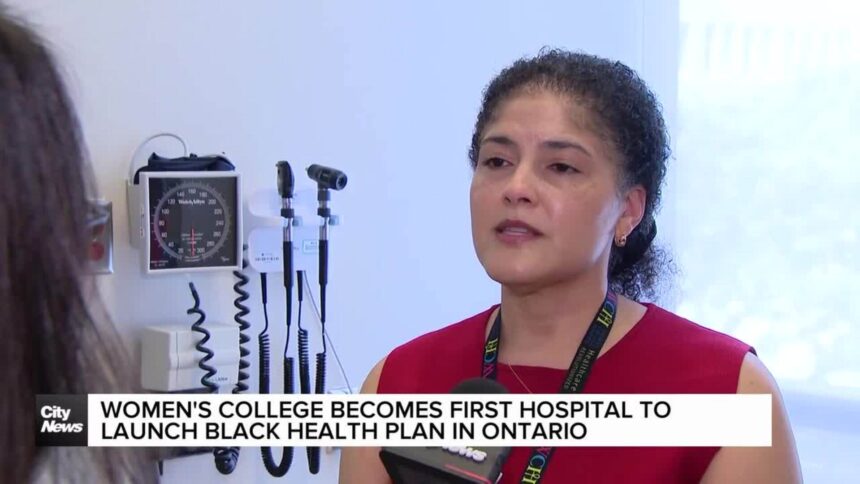In a groundbreaking development for healthcare equity, Toronto’s Scarborough Health Network has launched Ontario’s first comprehensive Black Health Plan, addressing long-standing disparities in medical care for Black communities. The initiative, unveiled yesterday during a ceremony attended by health officials and community leaders, marks a significant milestone in the province’s journey toward culturally responsive healthcare.
“This isn’t just about creating another program—it’s about fundamentally reimagining how we deliver healthcare to communities that have historically been underserved,” said Dr. Marcia Bennett, Chief Diversity Officer at Scarborough Health Network. “The data has been clear for decades: Black Ontarians face disproportionate health challenges, from higher rates of chronic diseases to reduced access to preventative care.”
The plan emerges from concerning statistics that reveal Black patients in Ontario are 20% less likely to receive preventative screenings and face average wait times nearly twice as long as the general population for specialist referrals. These disparities have contributed to measurably worse outcomes across numerous health conditions.
Central to the initiative is a multi-faceted approach that includes cultural competency training for all medical staff, hiring more Black healthcare professionals, establishing community health ambassadors, and creating specialized clinics focused on conditions that disproportionately affect Black communities. The program will also collect race-based health data to measure progress and refine approaches.
Community reaction has been overwhelmingly positive. Marcus Johnson, director of the Toronto Black Health Coalition, called the plan “a long-overdue recognition that our healthcare system must adapt to serve all Canadians equally.”
The plan’s development involved extensive consultation with Black community organizations, healthcare professionals, and patients over an 18-month period. This collaborative approach has been praised by healthcare equity experts as a model for similar initiatives.
“What makes this program particularly promising is its holistic approach,” explained Dr. Elizabeth Morton, a health equity researcher at the University of Toronto. “Rather than treating symptoms, it addresses root causes of healthcare disparities—from unconscious bias in medical settings to social determinants of health that disproportionately impact Black communities.”
Provincial health officials are watching the initiative closely, with Ontario’s Health Minister indicating similar programs may be implemented across the province if the Scarborough pilot demonstrates positive outcomes. Initial funding of $3.7 million has been allocated for the program’s first two years, with performance metrics to be evaluated quarterly.
As Canada’s healthcare system continues to evolve, initiatives like Scarborough’s Black Health Plan represent an important acknowledgment that equal access requires tailored approaches for different communities. The question now facing healthcare providers across the country is whether this model can be effectively adapted to address other forms of health inequity while maintaining universal standards of care.










